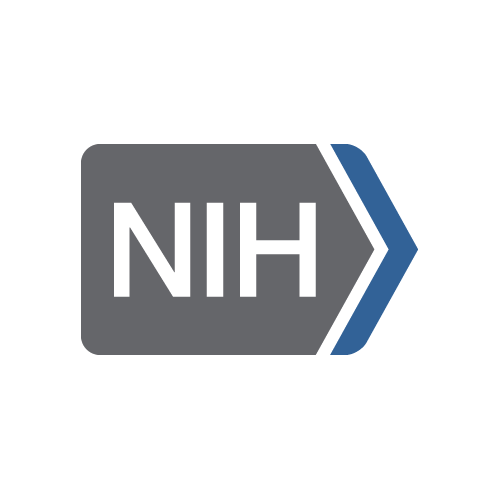
Collaboration
Why share your image data?
There are many benefits to sharing your images and meta-data.

Sharing scientific data accelerates biomedical research discovery, enhances research rigor and reproducibility, provides accessibility to high-value datasets, and promotes data reuse for future research studies.
Ultimately, the sharing of scientific data expedites the translation of research results into knowledge, products, and procedures to improve human health.
Collaborators
| Name | Affiliation | Species | More Information |
| Cecily Bishop | Oregon State University | Sheep, cows, macaque | |
| C. Loren Buck | Northern Arizona University | Arctic ground squirrel | https://in.nau.edu/buck-lab/ |
| Pierre Comizzoli | Smithsonian Conservation Biology Institute | Endangered species | |
| Francesca Duncan | Northwestern University | Mice | https://labs.feinberg.northwestern.edu/duncan/ |
| Jodi Flaws | University of Illinois at Urbana Champaign | Mice | https://vetmed.illinois.edu/flawslab/ |
| Latonya Jackson | University of Cincinnati | Fish | |
| Aileen Keating | Iowa State University | Mice, pigs, cows | https://faculty.sites.iastate.edu/akeating/ |
| James Nagler | University of Idaho | Fish | |
| Cathy Propper | Northern Arizona University | Amphibians | https://directory.nau.edu/departments?id=10211&person=propper&src=biological-sciences |
| Ana Paula R. Rodrigues | Universidade Estadual de Ceara – UECE | Goats, sheep, cows | |
| Maria Sepulveda | Purdue University | Fish | https://www.purdue.edu/fnr/sites/sepulveda/ |
| Shuo Xiao | Rutgers University | Mice, cows | https://eohsi.rutgers.edu/eohsi-directory/name/shuo-xiao/ |
| Kelly Young | California State University, Long Beach | Hamsters, crows | |
| Maria Bondesson | Indiana University | Zebrafish | https://luddy.indiana.edu/contact/profile/?profile_id=484 |
Depositing your data in MOTHER can help you realize these goals by:
- Sharing provides a backup of your data. If anything were to happen to your current method of long-term storage (like expiration of funding), MOTHER provides a separate storage location and funding stream.
- Your data can outlive your professional life. Quality imaging data does not get old and data you have may be of benefit to a researcher far in the future. Advances in image analysis may depend on access to your MOTHER-shared data. The long-term value of your data depends on its continued reuse, often in ways that were inconceivable when the data were collected.
- US funding agencies are changing their requirements for data sharing and archiving. Starting January 25, 2023 the NIH will implement a new Data Management and Sharing Plan policy. This policy requires robust sharing of data as well as a plan for the long term persistence of data. MOTHER can help you adhere to these new policies. For more information on the NIH policy see https://sharing.nih.gov/data-management-and-sharing-policy/about-data-management-and-sharing-policy/data-management-and-sharing-policy-overview#after.
- Data sharing in other parts of the world is often required. For example, the European Union has a long standing requirement for FAIR treatment of data. MOTHER helps you with the Findable, Accessible, Interoperable and Reusable aspects of your commitment to FAIR principles.
